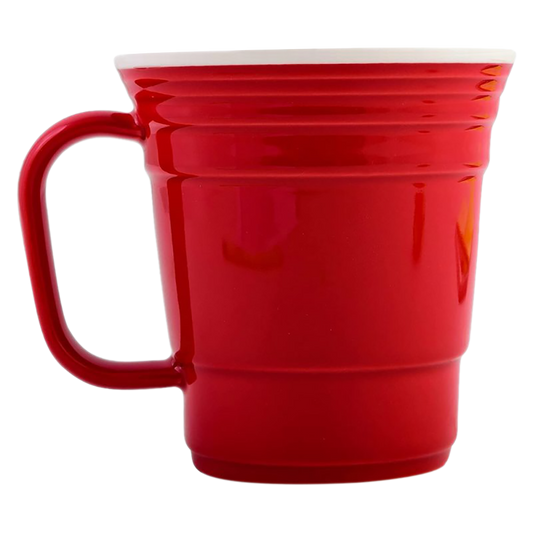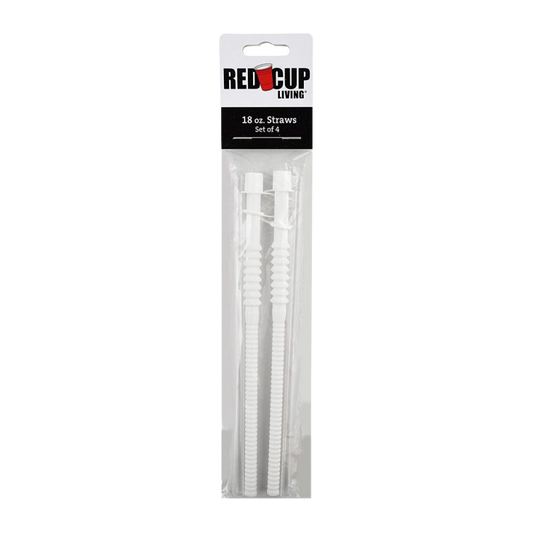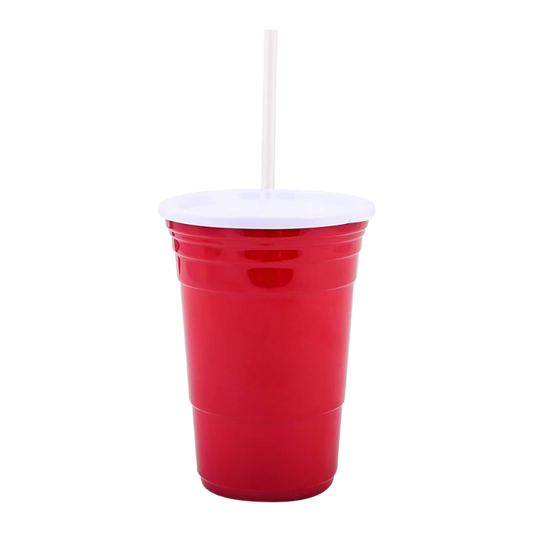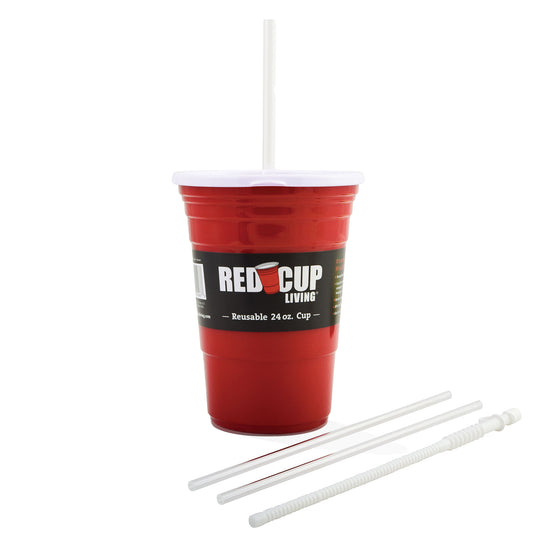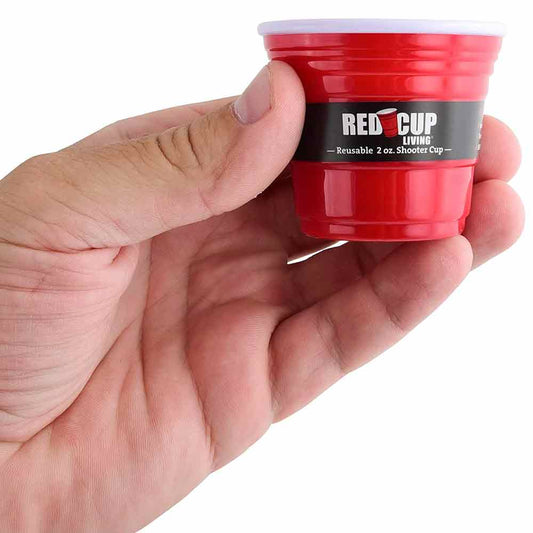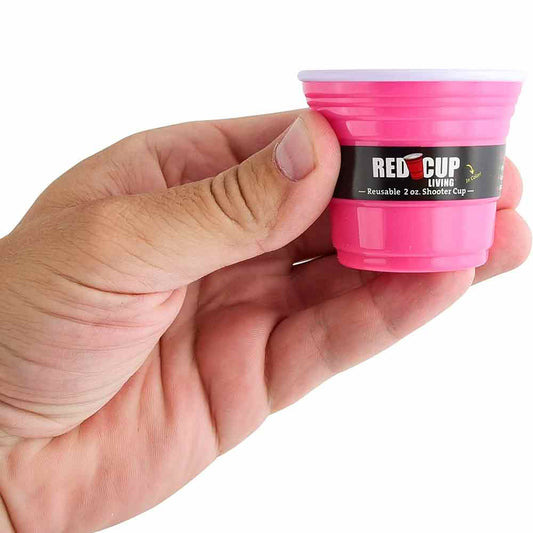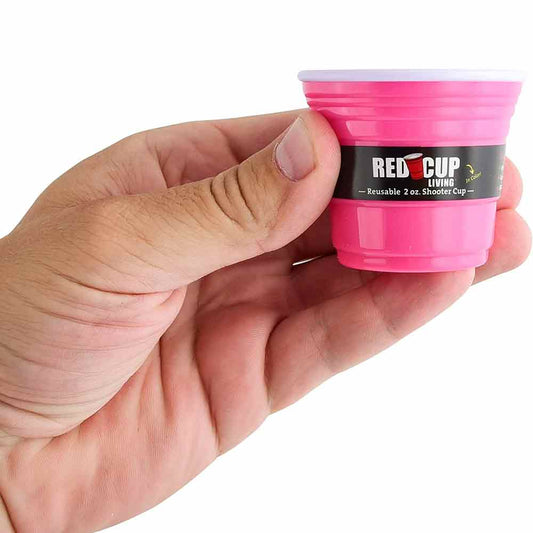1. Drinking Red or White Wine Supports the Longevity of Life
Longevity is aided by the consumption of wine. Resveratrol is a polyphenol found primarily in red wines. This powerful antioxidant can be found in both grape skin and red grape juice. Antioxidants aid the body’s defense against free radicals, which can harm our cells and organs. Resveratrol boosts health and longevity by raising the activity of a protein called sirtuins. Sirtuins are proteins that protect the body from diseases associated with aging. Several studies have suggested that drinking alcohol, particularly wine, has health benefits that contribute to living longer lives. The red wine glasses are BPA-free, so we can save nature too and increase their longevity. Nonetheless, these studies highlight the fact that good outcomes are only achieved through moderate use.
2. Drinking Wine Helps Keep Our Hearts Healthy
According to the World Health Organization (WHO), CVD kills far more people than any other disease each year, and it is the leading cause of death and morbidity worldwide. In a number of studies, polyphenol consumption has been linked to a lower risk of cardiovascular disease. Wines contain polyphenols, which are found in an active form in flavonoids and may have antioxidant properties.
These polyphenols are known as resveratrol, and they may help protect the blood vessel lining of the heart. Drinking 1 to 2 drinks per day may reduce the risk of CVD (4 to 8 ounces).
Drinking wine may help reduce low-density lipoprotein (LDL), also known as bad cholesterol, which may cause artery damage while increasing the body’s high-density lipoprotein (HDL), also known as good cholesterol, which may reduce the risk of heart disease. Besides that, wine prevents the formation of blood clots.
Drinking wine may help reduce the risk of heart disease by lowering low-density lipoprotein (LDL), commonly known as bad cholesterol, which can cause arterial damage, and boosting high-density lipoprotein (HDL), generally known as good cholesterol. Wine also aids in the prevention of blood clot formation.
3. The Nutrients in Wine Can Help Prevent Alzheimer’s Disease.
People who are growing up are constantly concerned about losing all of their precious memories. Some people believe it is unavoidable, despite the fact that there are numerous ways to avoid it. Drinking wine is one of these strategies. Dementia is a chronic or persistent mental health condition that develops over time as people get older. Wine drinking has been shown in studies to lower the risk of dementia, which typically leads to Alzheimer’s disease. Alzheimer’s disease is a type of progressive mental decline that can occur at any age. Again, the antioxidant resveratrol found in wine helps to keep blood vessels open, allowing oxygen and glucose to freely flow to the brain and keeping it alive and well.
4. Wine can help keep depression at bay.
Depression is a common but serious mental illness that can affect how you feel, think, and go about your daily activities. This may appear counterintuitive, given that most people are aware that alcohol can worsen depression or anxiety. Despite this, a glass of wine once a week can act as an antidepressant.
Over the course of seven years, PREDIMED studied 5,500 light to moderate drinkers and discovered that those who drank two to seven glasses of wine per week were less likely to be depressed than non-drinkers.
5. Drinking Wine Can Give You Healthier Skin
When applied directly to the skin, the high quantities of antioxidants in wine can limit the growth of acne-causing bacteria and aid in the maintenance of healthy skin. Antioxidants aid in the renewal, suppleness, and radiance of the skin. When consumed as a beverage, wine stimulates blood circulation, which aids in the prevention of wrinkles and skin aging. Excessive drinking, on the other hand, causes hormone flow to become unbalanced, resulting in skin dryness and an increased risk of acne.
Served Best with our Reusable Red Wine Cup!
Thank you for reading!
Let us know what topic we should cover next in the comments!







